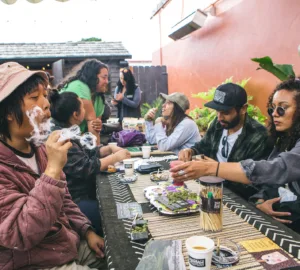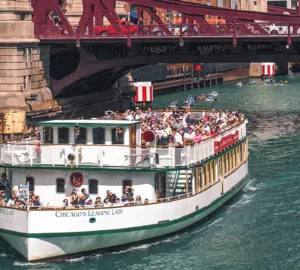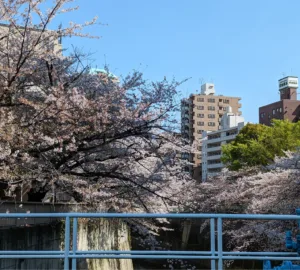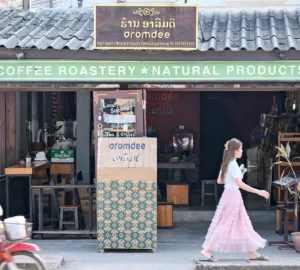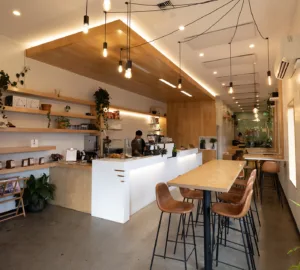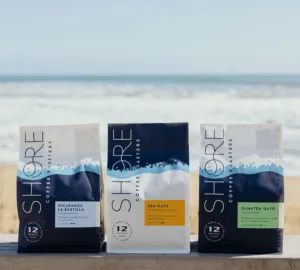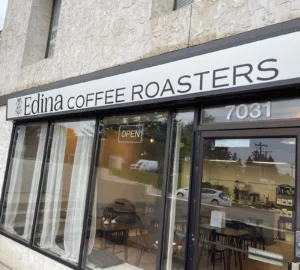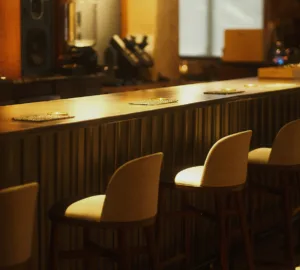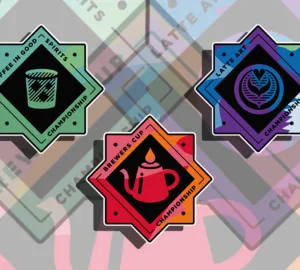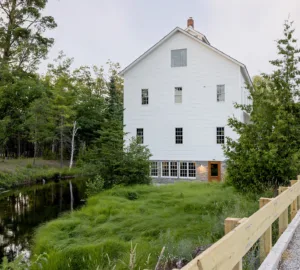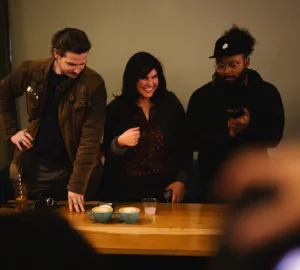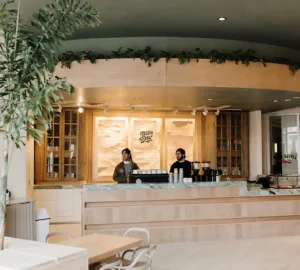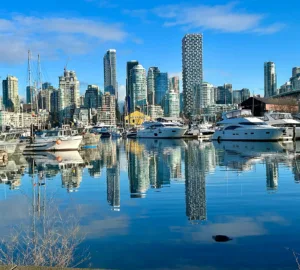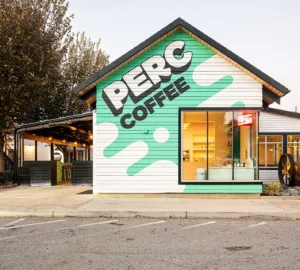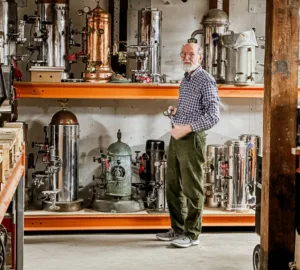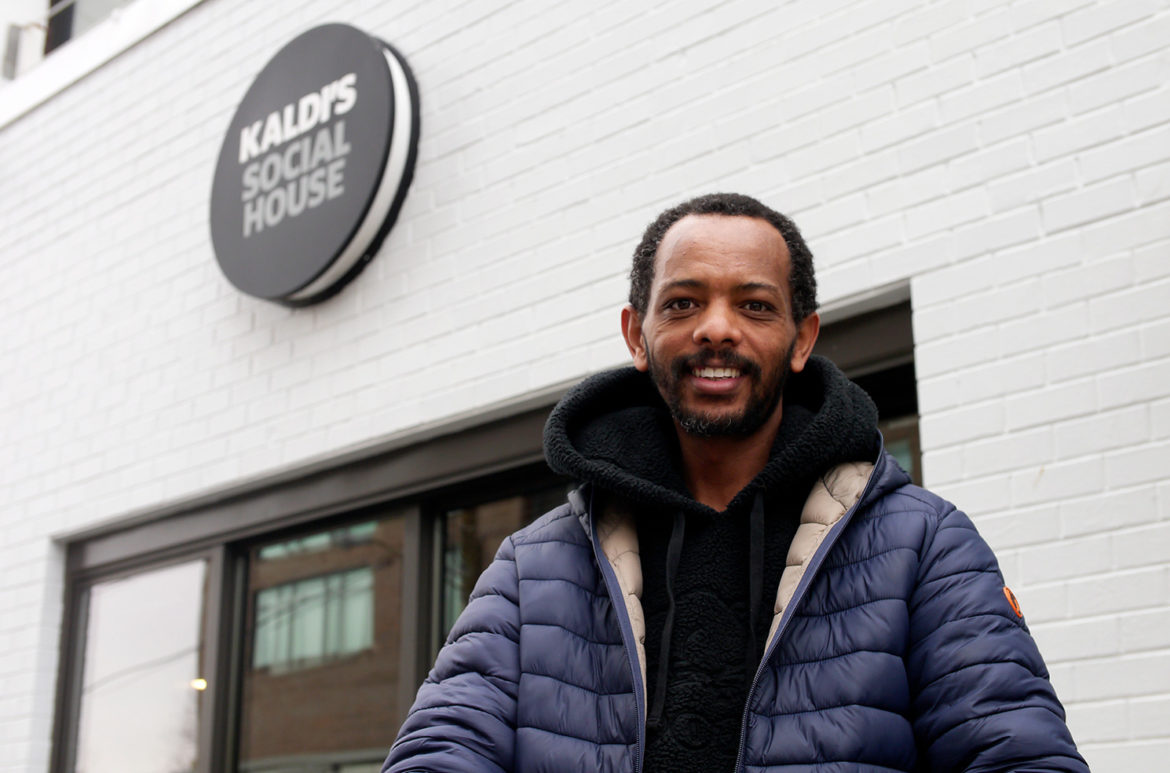
Have you heard the legend of Kaldi?
Silver Spring, a city on the edge of Washington DC, is a vibrant and bustling community that is half city streets and half suburbs. Nestled in off a main drag, a few blocks from tall office buildings and apartments, is Kaldi’s Social House. Originally opened in 2014 as Kaldi’s Coffee (no relation to the St. Louis roaster), this vibrant hub name-checks the legendary goat herder who is said to have first discovered the coffee plant. A sizable community representing the Ethiopian diaspora lives in this area, and a cafe like Kaldi’s serves an important role: it signifies an iconic and lifelong connection to all things coffee.
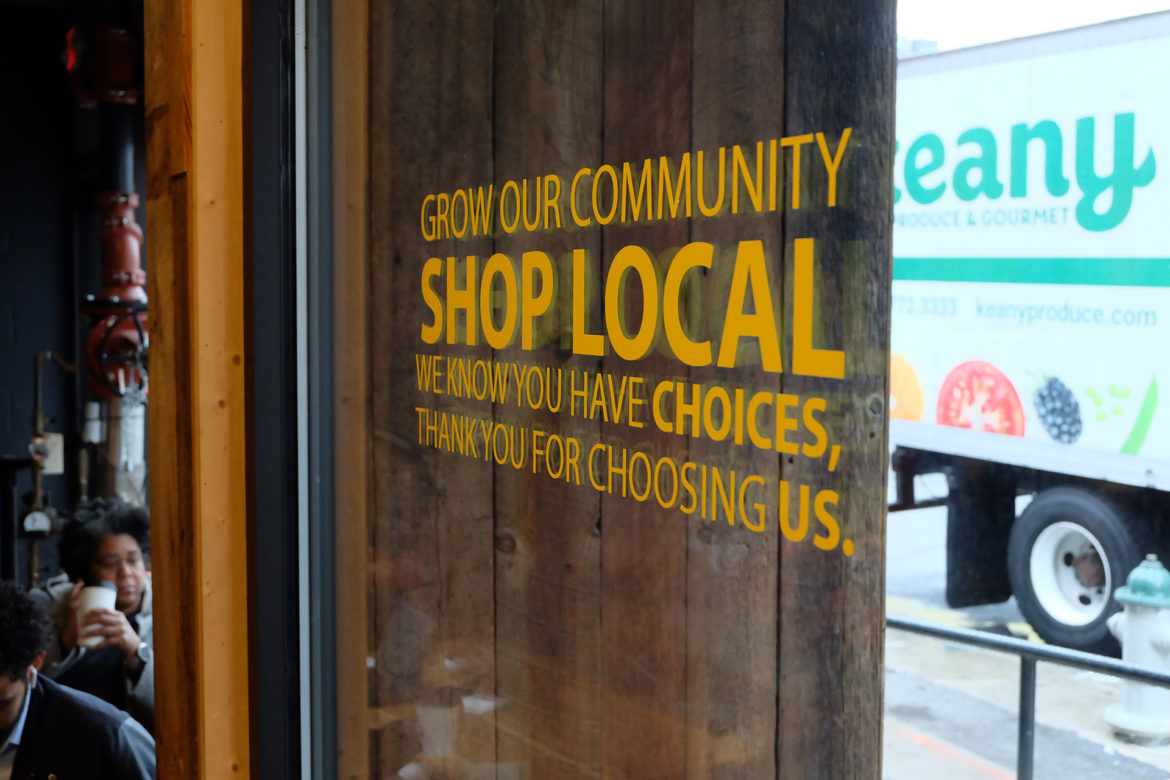
Kaldi’s Social House is a labor of love by owner Tsega Haile. After immigrating from Ethiopia in 2008, Haile began to feel that there was a place for a coffeehouse that emphasized a social experience and was influenced by his Ethiopian roots. After opening Kaldi’s Coffee and becoming popular with the local residents, he soon found that there was room to keep his shop growing. The space has been expanded and renovated several times and has evolved into its current state as a daytime cafe and nighttime bar (follow them on Instagram for COVID updates). With a solid staff to hold down the fort in Silver Spring, Haile set his sights on opening a sister social house in Arlington, Virginia.
Entering the glass doors of the white brick building you are greeted by a warm and incredibly spacious cafe. Brick walls are painted gray and adorned with illustrations of coffee cups and wine glasses—this is a true day-to-night gathering space. The story of Kaldi and coffee in Ethiopia takes up a prominent space on one wall. In the center of the cafe sits a long coffee counter which divides the coffeehouse. It features bar seating that wraps around both sides. Behind the counter sits both a La Marzocco Strada MP and a Modbar AV system for pulling espresso. Coffee is ground on both a Nuova Simonelli Mythos and Mazzer Robur E grinders.
The front half of the shop is brightened by large windows and feels light and airy. Overstuffed leather chairs and long tables encourage communal seating. The back half feels more intimate and lounge-like, with deep armchairs, less natural light, and a gas fireplace set into the wall. The goal is to make the shop feel like a community living room. On both ends of the cafe are staircases which lead to a nighttime bar complete with a retractable glass roof. On the way out of the cafe patrons are reminded to “grow our community,” and “shop local,” by a decal near the door.
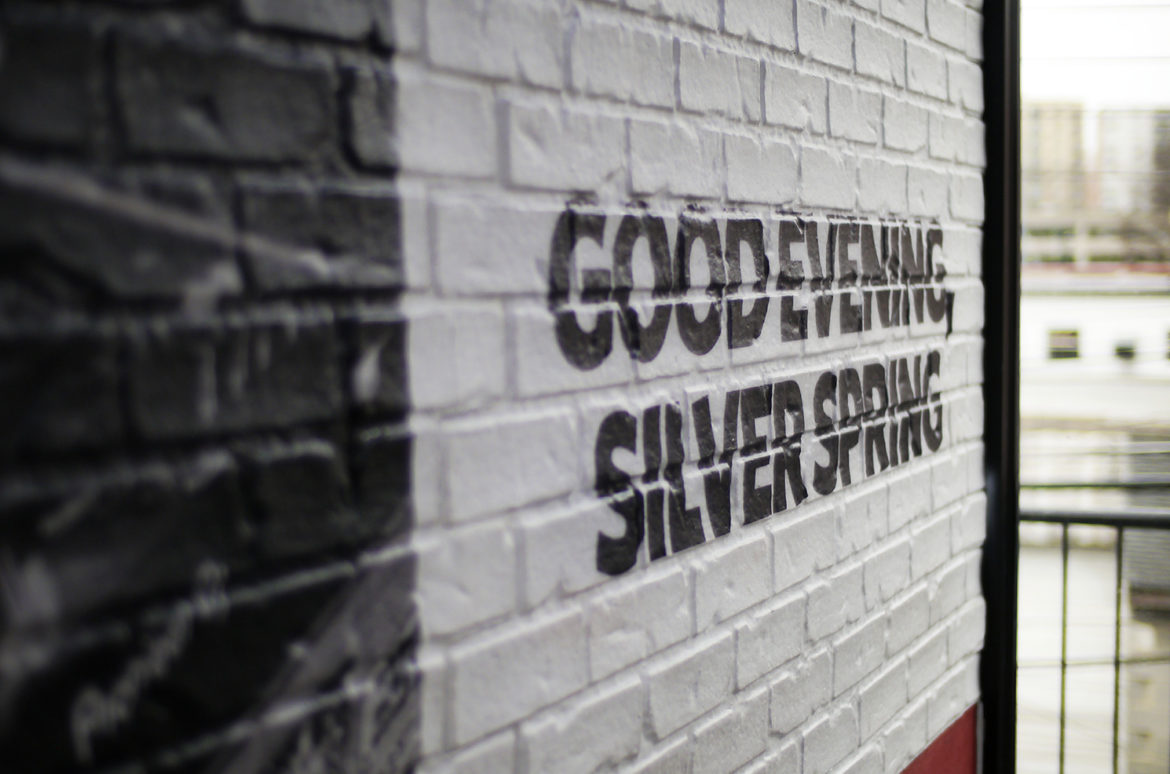
A large part of Kaldi’s success is owed to its strong ties to the local community. Combining the familiar and popular coffeehouse that US Americans have come to rely on with the welcoming spirit and communal culture of Ethiopian coffee has paid off. In 2017 the Maryland General Assembly’s District 20 Delegation even recognized the cafe with a citation “For its role in strengthening our diverse community by providing a delightfully inclusive community space for all to enjoy.” In addition to its welcoming atmosphere, the cafe tries to invest in Silver Spring through charity involvement. “When the customer comes in, I don’t want them to think about getting coffee, but to think they are supporting the community,” says Haile, “I want to create relationships with customers.”
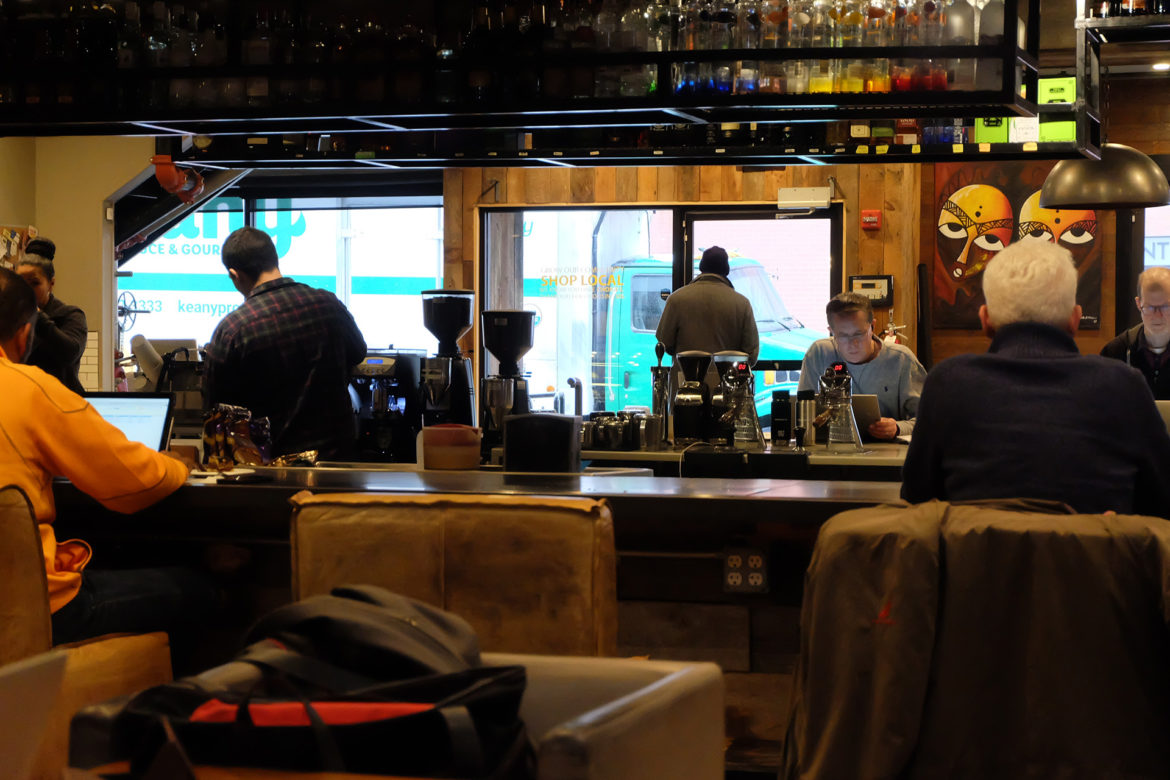
For a place like this to not only survive, but grow, shows the value that a cafe can add to its surroundings—this has been especially true over the last year, as we come in and out of COVID-19 protocols. Kaldi’s Social House is a business with an emphasis on being welcoming, and a determination to build and support community. It’s a fitting chapter to add to the ancient tale of Kaldi.
Eric Tessier is a freelance journalist based in Providence, RI. Read more Eric Tessier on Sprudge.















